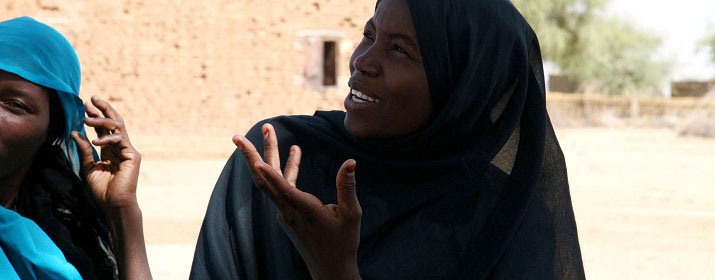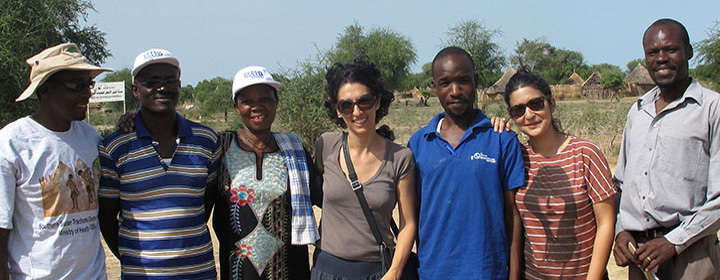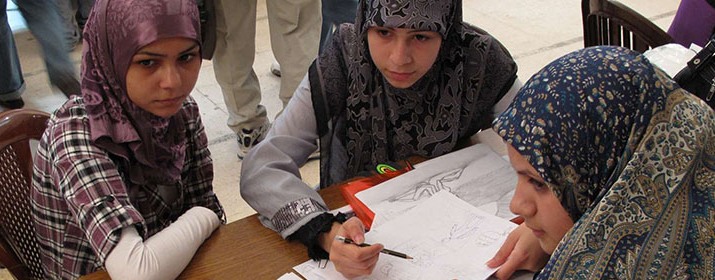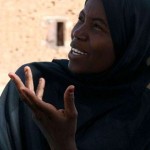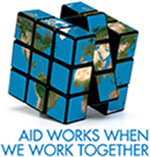The Paris Declaration and Accra Agenda for Action are founded on five core principles, born out of decades of experience of what works for development, and what doesn’t. These principles have gained support across the development community, changing aid prectice for the better:
It is now the norm for aid recipients to forge their own national development strategies with their parliaments and electorates (ownership); for donors to support these strategies (alignment) and work to streamline their efforts in-country (harmonisation); for development policies to be directed to achieveing clear goals and for progress towards these goals to be monitored (results); and for donors and recipients alike to be jointly responsible for achieveing these goals (mutual accountability).
Beyond its principles on effective aid, the Paris Declaration (2005) lays out a practical, action-oriented roadmap to improve the quality of aid and its impact on development. It puts in place a series of specific implementation measures and establishes a monitoring system to assess progress and ensure that donors and recipients hold each other accountable for their commitments. The Paris Declaration outlines the following five fundamental principles for making aid more effective:
Ownership: Developing countries set their own strategies for poverty reduction, improve their institutions and tackle corruption.
Alignment: Donor countries align behind these objectives and use local systems.
Harmonisation: Donor countries coordinate, simplify procedures and share information to avoid duplication.
Results: Developing countries and donors shift focus to development results and results get measured.
Mutual accountability: Donors and partners are accountable for development results.
Designed to strengthen and deepen implementation of the Paris Declaration, the Accra Agenda for Action (AAA, 2008) takes stock of progress and sets the agenda for accelerated advancement towards the Paris targets. It proposes the following three main areas for improvement:
Ownership: Countries have more say over their development processes through wider participation in development policy formulation, stronger leadership on aid co-ordination and more use of country systems for aid delivery.
Inclusive partnerships: All partners – including donors in the OECD Development Assistance Committee and developing countries, as well as other donors, foundations and civil society – participate fully.
Delivering results: Aid is focused on real and measurable impact on development.


